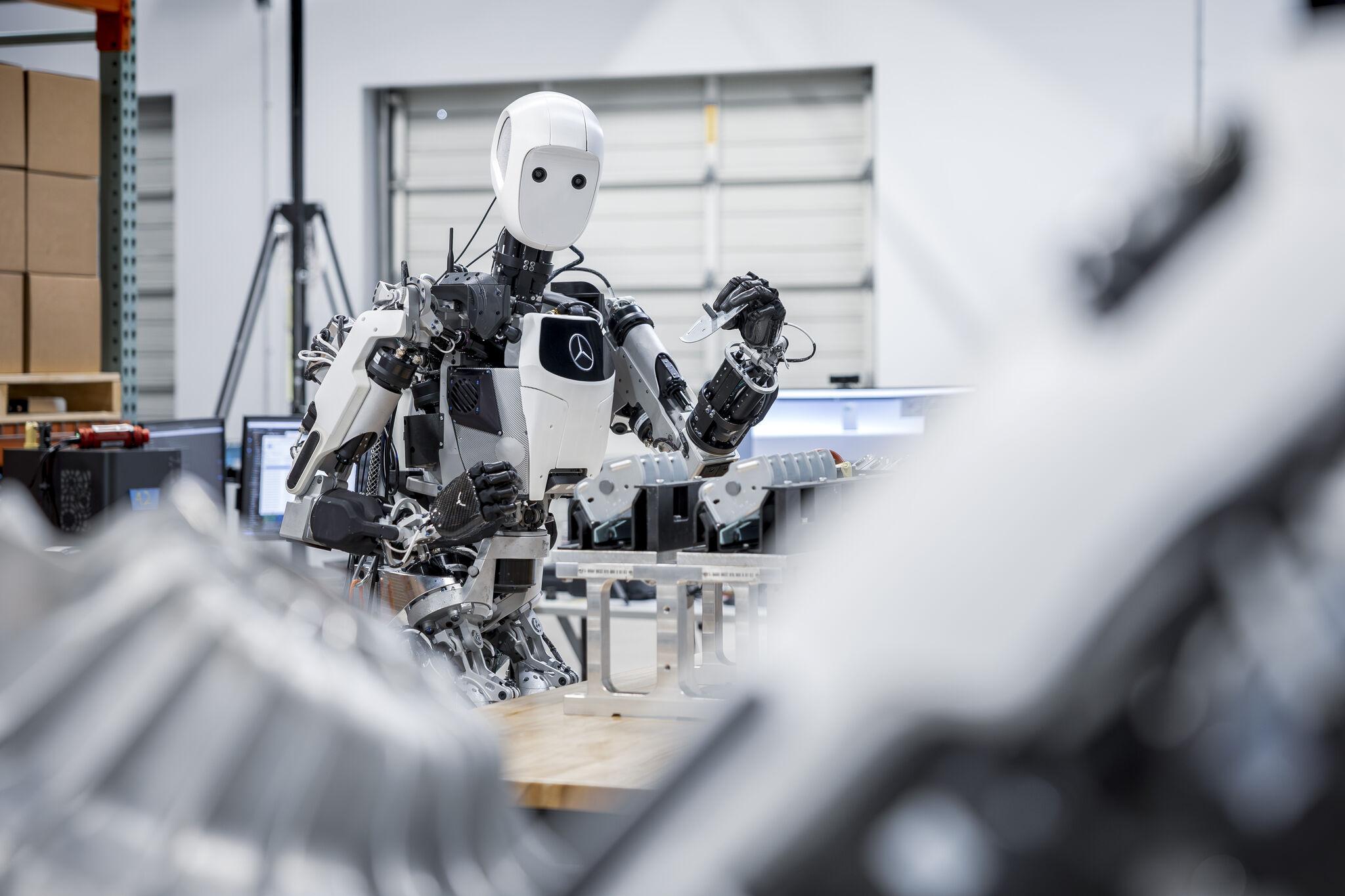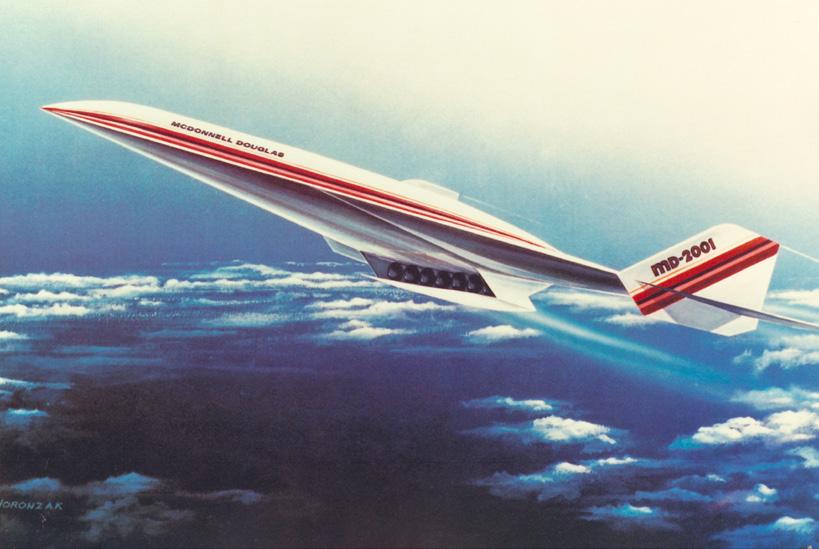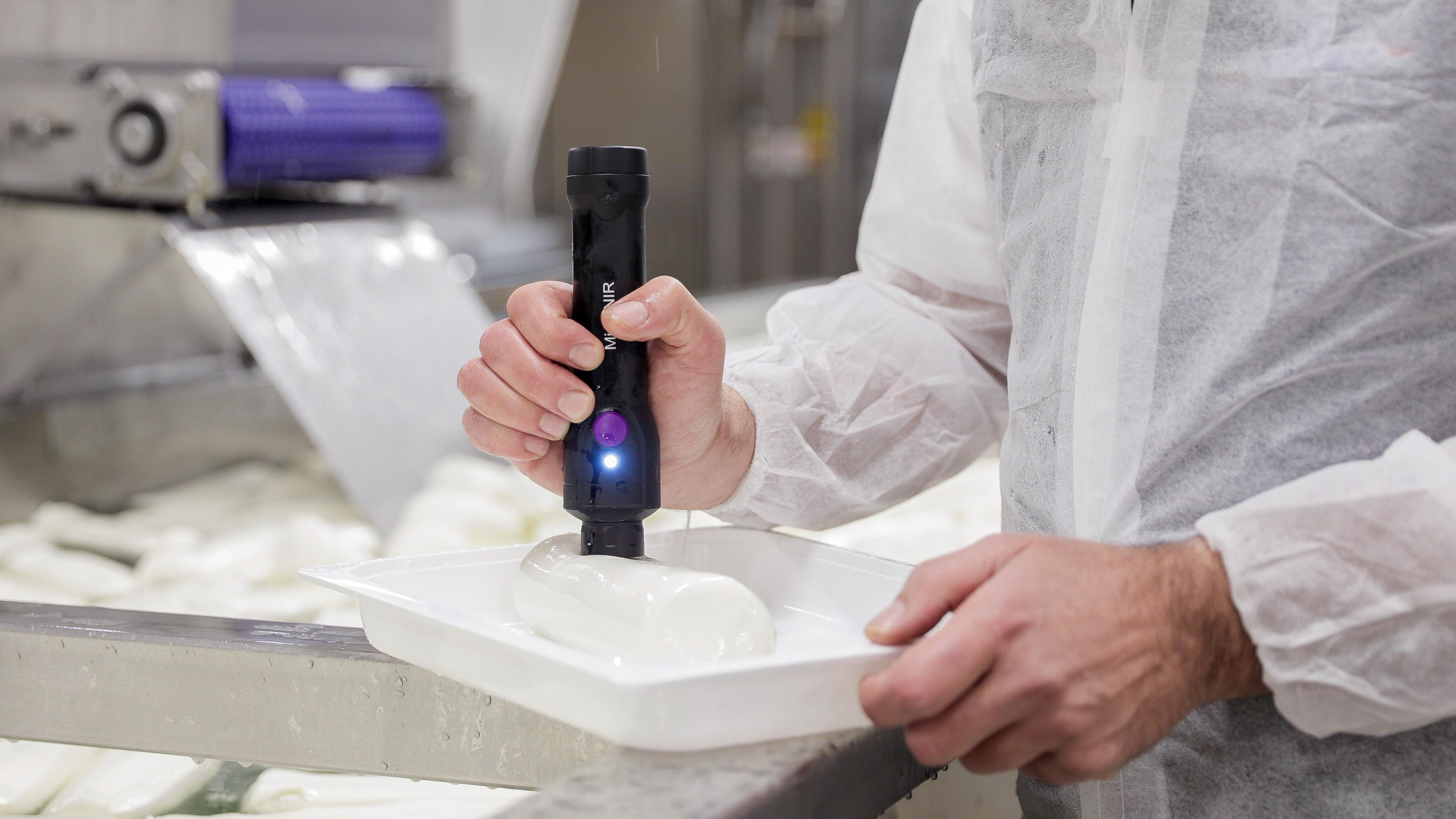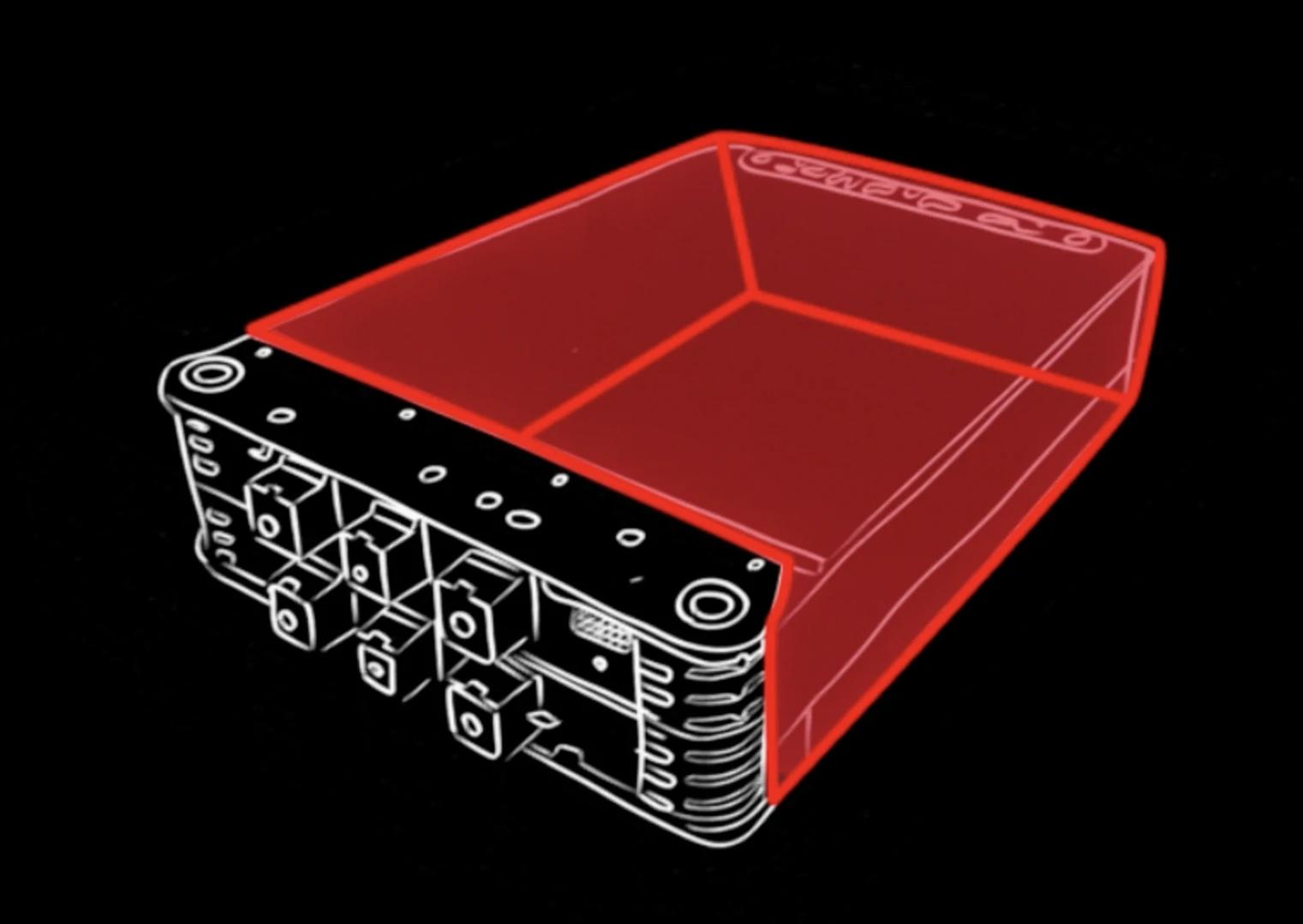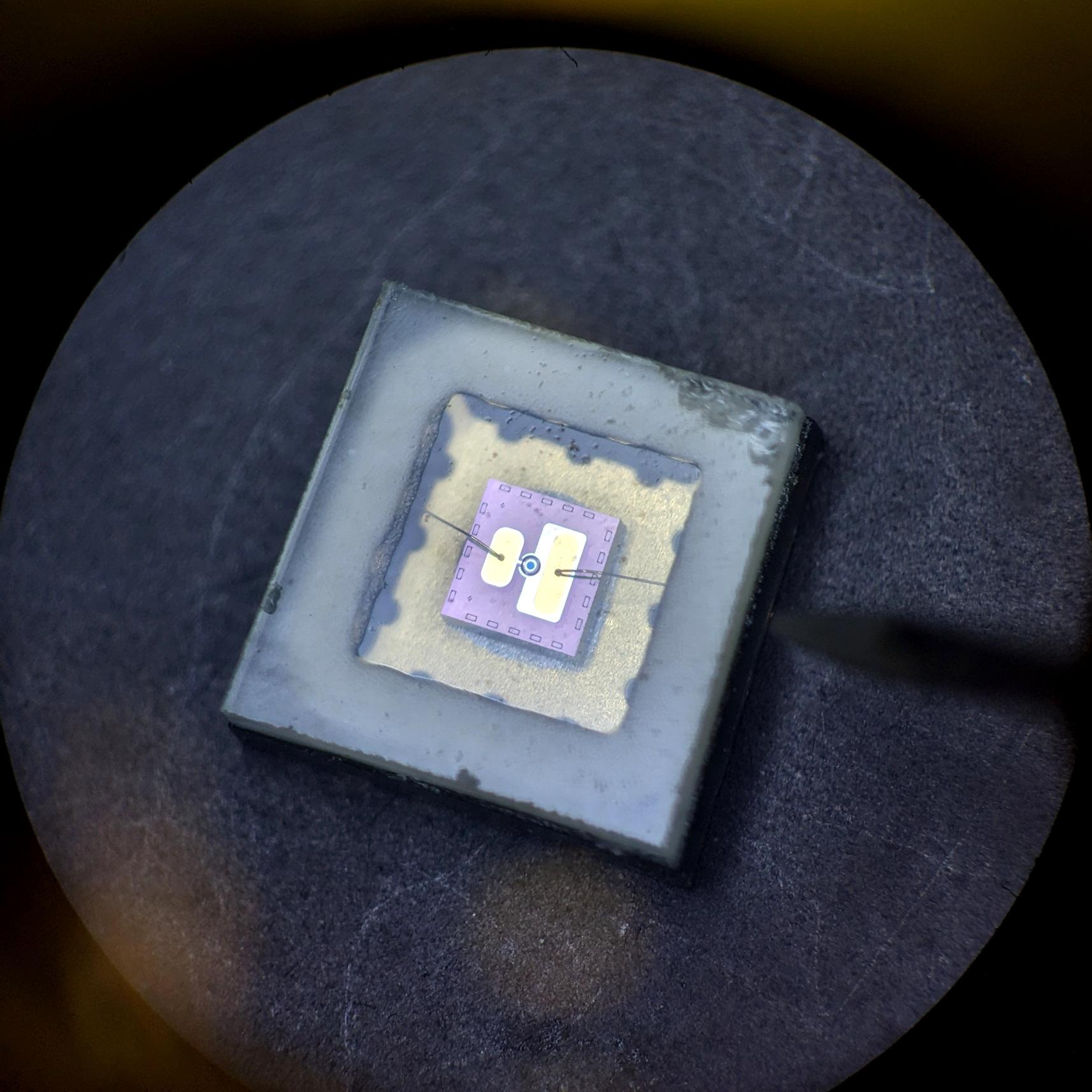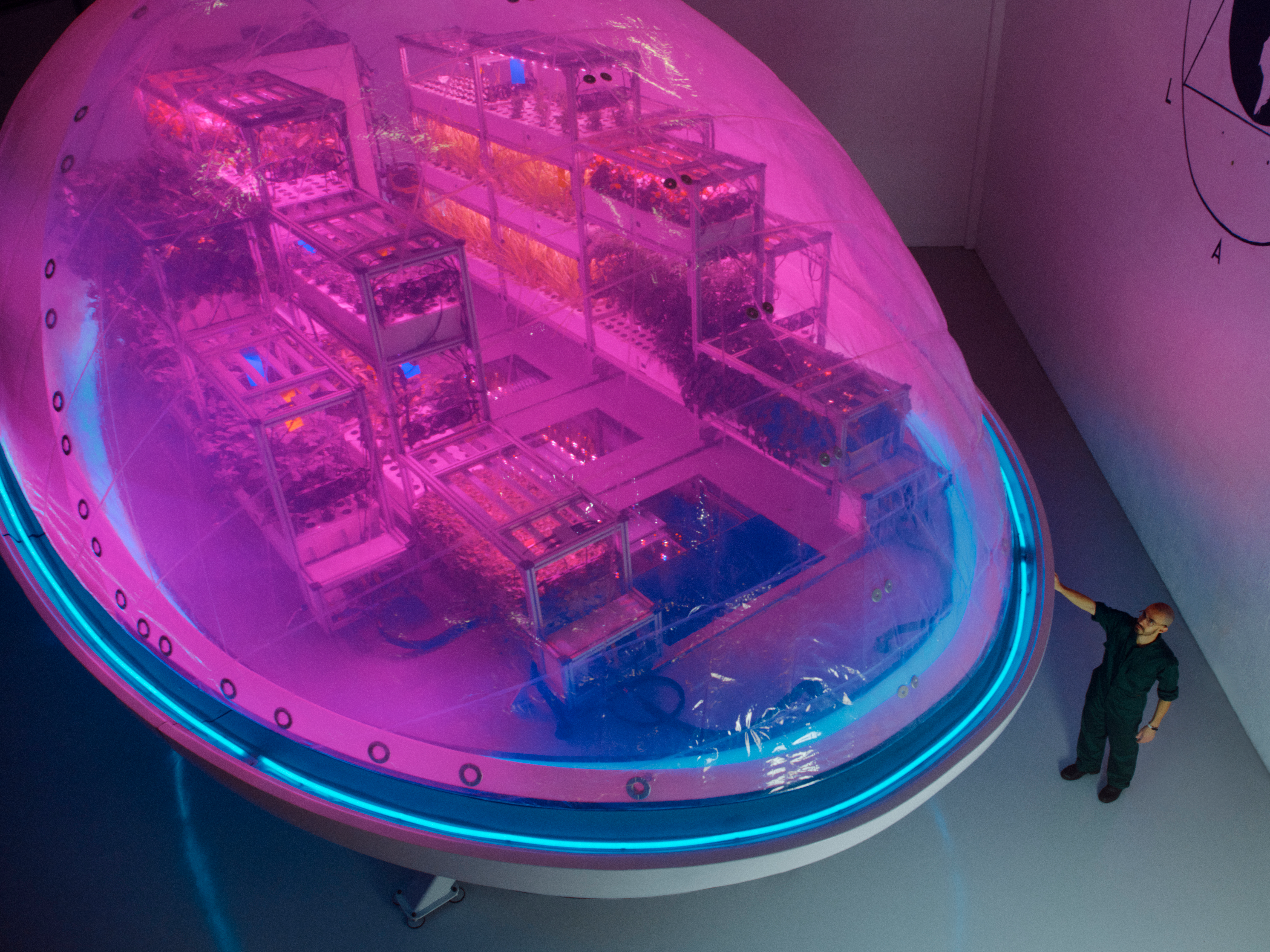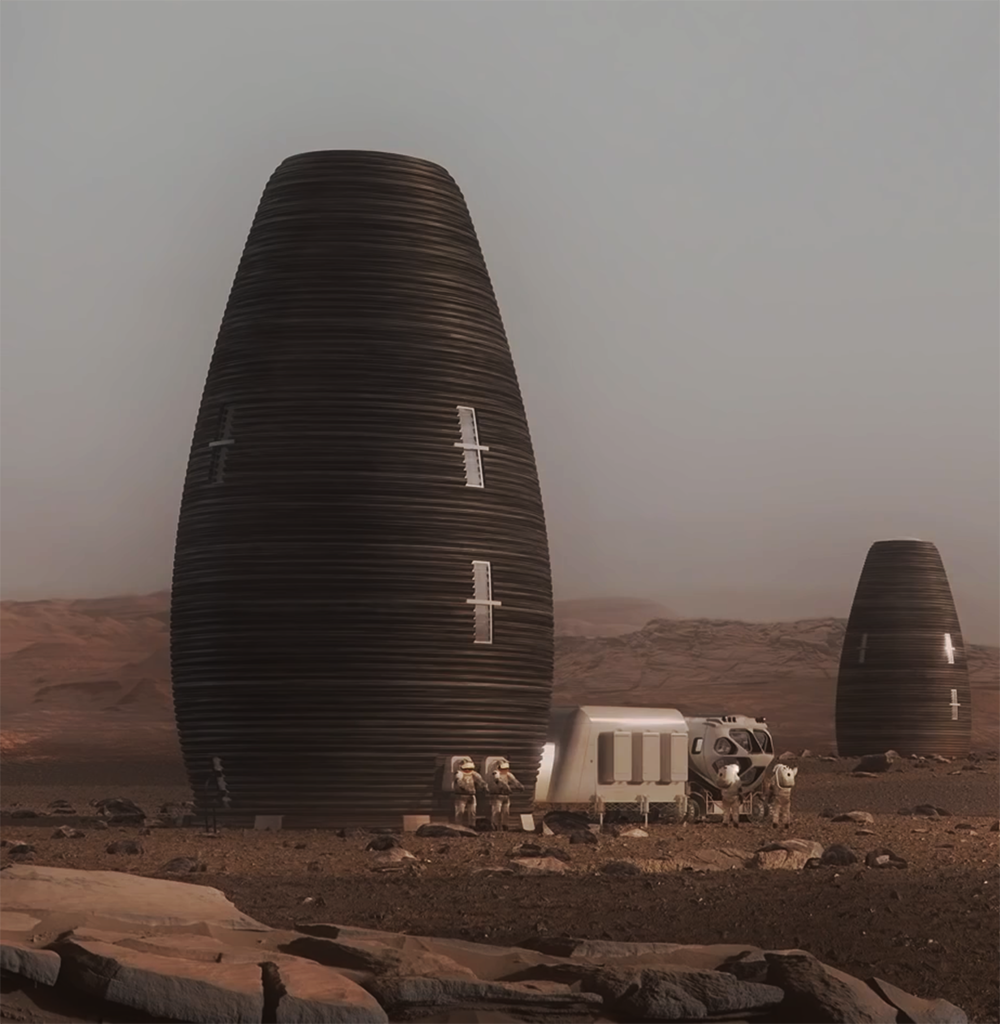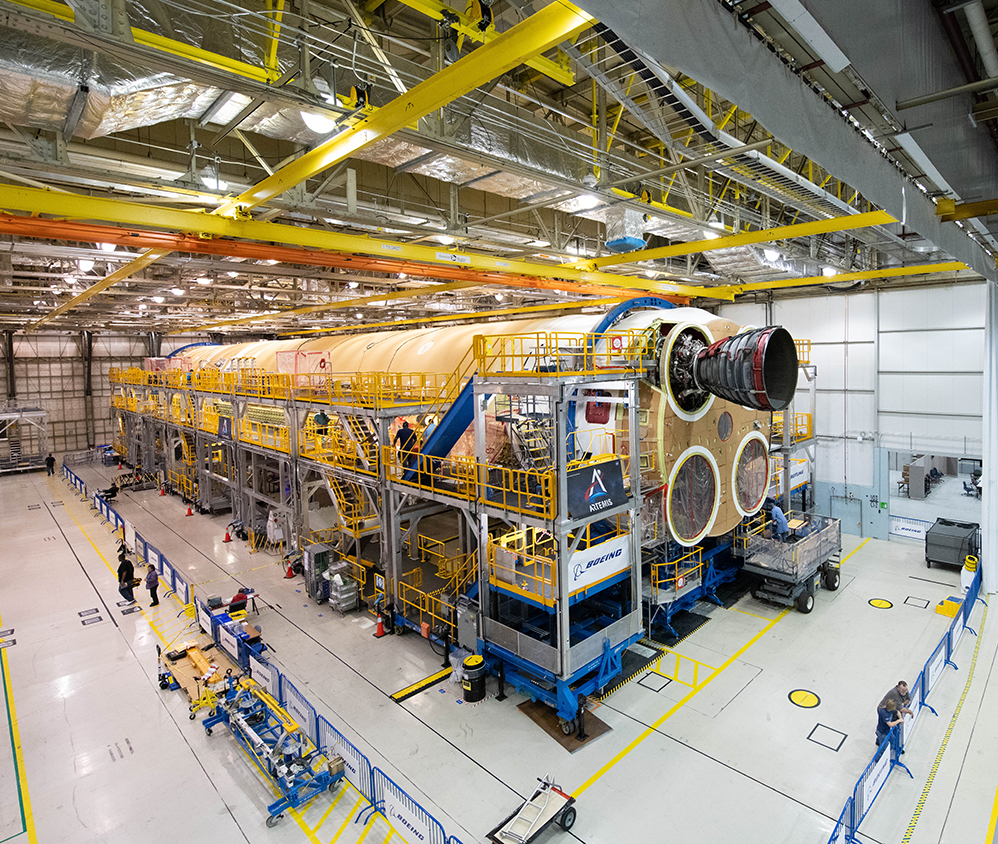
Pumping Out State-of-the-Art Design
Subheadline
Engineering expertise gained with NASA improves pump machinery design, analysis
Turbopump machinery is essential for rocket liftoff. Yet few industries employ the precision NASA requires for rockets, so the agency collaborated with private businesses to improve hardware fabrication and system testing through design and analysis. One of these companies, Concepts NREC LLC, is applying those aerospace resources to terrestrial uses through consulting services and software.
The White River Junction, Vermont-based company credits the agency with enhancing software capabilities that have improved the expert services Concepts NREC provides to commercial customers. In the 1990s, NASA taught the company much about rocket engines to modify its engineering analysis software to include the specialized calculations required for rocket engine fuel pumps.
Now called Agile Engineering Design System, the software program combines agency know-how with the company’s proprietary code and data. The company’s program also includes NASA code, the Generalized Fluid System Simulation program, licensed over two decades ago from NASA’s Marshall Space Flight Center in Huntsville, Alabama. It allows customers to design, test, and analyze virtual turbopumps and other machinery as individual parts or mechanical systems (Spinoff 2003, 2016, 2020).
Concepts NREC also capitalized on the knowledge gained during its long NASA collaboration to improve existing engineering consulting and manufacturing services. The company incorporates agency resources to help customers solve problems for pumps, compressors, and turbine parts and the systems that use them.
“NASA improved the state of the art for pump design and the tools people use to design them. A lot of those things have crossed over and benefited other industries,” said Mark Anderson, chief technology officer with Concepts NREC. As one of the company’s engineers responsible for working with NASA on multiple Small Business Innovation Research (SBIR) contracts for more than 30 years, Anderson appreciates the agency’s willingness to share its expertise.
The perfect balance of pressure and temperature is needed throughout a pump system, so all of its parts must work in harmony. The company can review an existing design in the computer environment to find inefficiencies. Then Concepts NREC engineers can redesign parts for better performance, and the manufacturing team can fabricate custom small turbo hardware such as propellers.
Over time, meeting NASA requirements and working with agency technologists has helped the company expand its consulting and manufacturing services. Some customers include United Launch Alliance, other aerospace companies, multiple rocket engine manufacturers, and cryogenic pump and turbine manufacturer Ebara International. Renewable energy and aviation companies and consumer device provider Dyson are also customers.
Matt Marsh, branch chief for Engine Components Development and Technology at Marshall, worked with Concepts NREC and considered the company an SBIR success story.
“There's a point at which a pressurized tank propulsion system just becomes too heavy, and turbopumps are the solution,” said Marsh. “There were pieces of software that we needed to design the turbopumps. Through the SBIRs, the company could integrate the software packages and add many special features.”
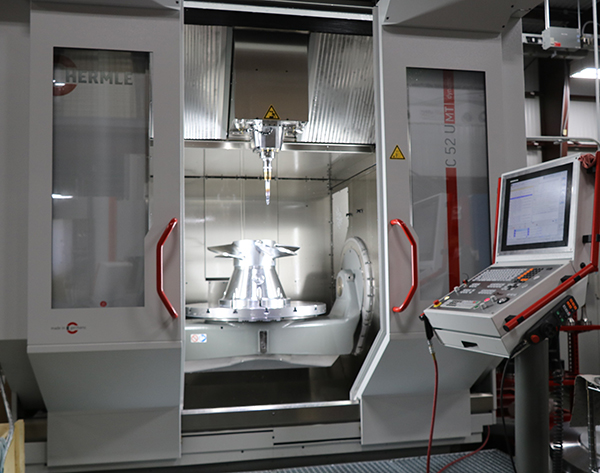
Concepts NREC works with companies to design and fabricate hardware for pumps and related system components. When creating custom parts the company incorporates lessons learned from NASA to achieve the best result. Credit: Concepts NREC LLC

Decades of NASA rocket engine expertise goes into the turbopump that delivers fuel to a rocket engine, like this one attached to the end of the Space Launch System. Concepts NREC incorporates that know-how into services for commercial rocket companies and any industry that uses pumps, fans, and related machinery. Credit: NASA






